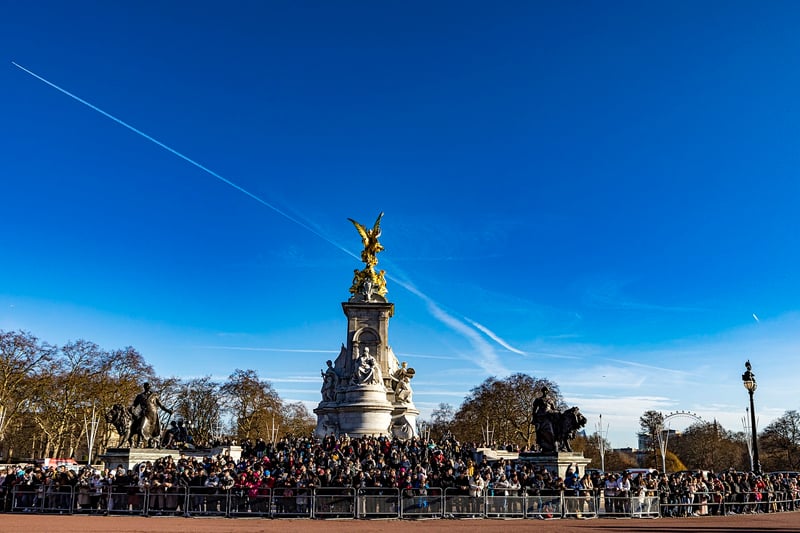Changing History
The Moral Implications of Changing History
History is a record of our past, a chronicle of events that have shaped the world we live in today. But what happens when we tamper with that record? What are the moral implications of changing history, if it were even possible?
Understanding the Power of History
History serves as a crucial teacher, helping us learn from our past triumphs and mistakes. It provides a sense of identity, allowing us to understand where we come from and how we have evolved over time. By altering historical events, we risk distorting this valuable source of knowledge and wisdom.
The Butterfly Effect
Changing even a small detail in the past could have profound and unpredictable consequences on the present and the future. This concept, known as the butterfly effect, illustrates how interconnected events are and how altering one event can set off a chain reaction of changes.
Moral Dilemmas
When considering changing history, we must confront a myriad of moral dilemmas. Is it ethical to manipulate the past to achieve a desired outcome in the present? Who decides what events should be changed or preserved? These questions raise concerns about the authenticity and integrity of our history.
Preserving Truth and Learning
While the temptation to alter history may be strong, it is essential to preserve the truth and learn from our past, both the good and the bad. By embracing our history, warts and all, we can strive to build a better future based on honesty and understanding.
Conclusion
Changing history comes with significant moral implications that challenge our understanding of truth, ethics, and the consequences of our actions. Rather than altering the past, we should focus on learning from it and using that knowledge to shape a more enlightened future.

